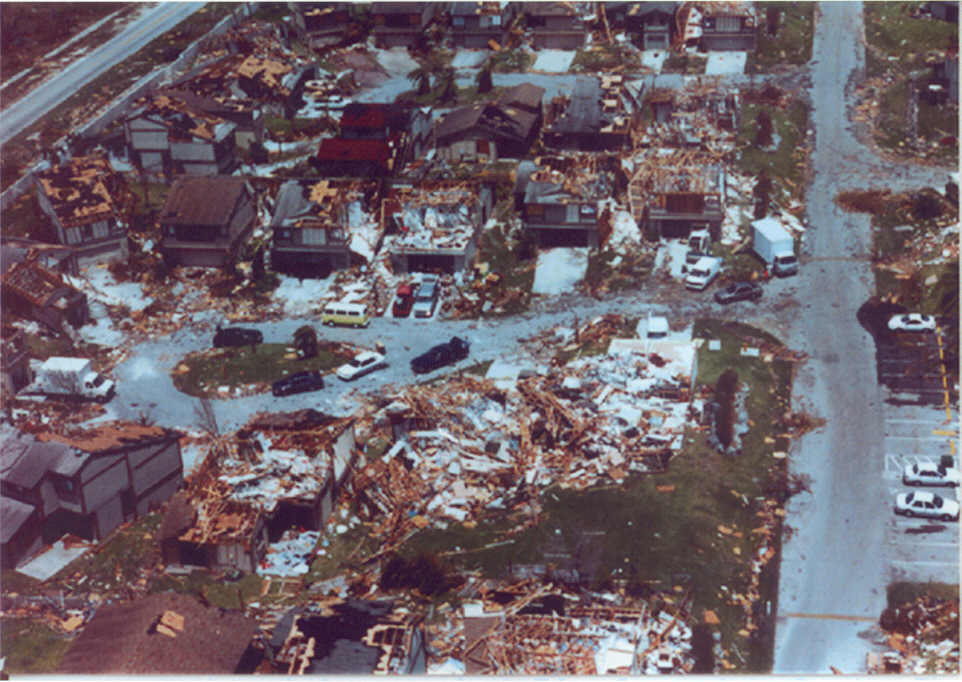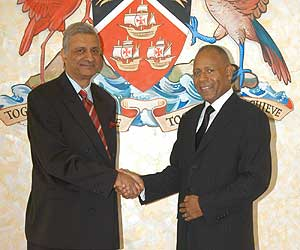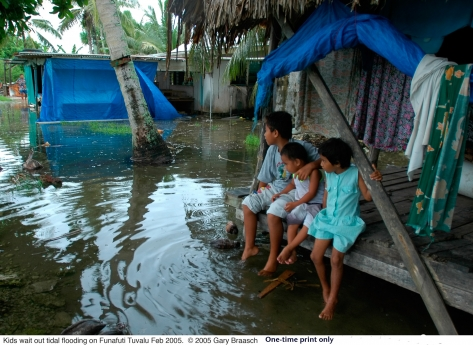 As the Commonwealth Heads of Government meeting is about to take place in Port-of-Spain, Trinidad and Tobago’s capital, there is not much hope among its member states that it will achieve anything more than declarations without the means to implement them.
As the Commonwealth Heads of Government meeting is about to take place in Port-of-Spain, Trinidad and Tobago’s capital, there is not much hope among its member states that it will achieve anything more than declarations without the means to implement them.
Indeed, even more worryingly, there is a mood in some of the developed Commonwealth countries that the organisation no longer has relevance in the international community.
Sadly, even though the Commonwealth Summit is being held on the eve of the Copenhagen Conference on Climate Change, there is strong resistance from major capitals to any notion of a Commonwealth initiative on this issue.
I hope my information is incorrect, but it is being said in circles that should know that Canada is one of the countries that is opposed to any initiative being taken on climate change outside of what could be achieved in Copenhagen. And, the world now knows that already diluted declarations have been prepared for the Copenhagen conference and they are non-binding anyway.
If the information about Canada is true, it is much to be regretted, for small states, particularly those in the Caribbean, have long looked to Canada to champion their causes and to stand with them in the Commonwealth especially. In the past, Canada has not shirked this role, and it has not been to Canada’s disadvantage. By championing small states, Canada has been able to count small states in the legions of its support.
 Commonwealth Secretary-General Kamalesh Sharma and Trinidad and Tobago Prime Minister Patrick Manning
Commonwealth Secretary-General Kamalesh Sharma and Trinidad and Tobago Prime Minister Patrick Manning
No other plurilateral organisation has served the interests of small states better than the Commonwealth over the last four decades. Of the now 52 member states, 32 are small with 12 of them from the Caribbean. Certainly, the G20, despite the membership of five Commonwealth countries – Australia, Britain, Canada, India and South Africa – can not purport to serve small states since not one small state is represented at the table, and, so far, no machinery has been put in place to formally ascertain their views, in advance of G20 meetings, on the global issues that affect them.
As the world has moved increasingly to globalisation and trade liberalisation, the majority of small states, which were from the very outset only marginally capable of economic survival, have found themselves overwhelmed by new challenges such as sea-level rise, drug trafficking and attendant high rates of crime, high migration of their best educated people, and a lack of capacity for negotiating the integration of their societies into larger trading blocs and the new global trading system. While bigger countries have similar problems, they have the resources and flexibility to address these problems, unlike the small states.
This is the context in which this CHOGM is being held. It suggests that the Commonwealth in tandem with the small states themselves should explore ways in which the imperilled societies of the majority of small states could become more viable and so serve their particular interests as well as those of the wider Commonwealth.
What should be the crucial issues? A priority should be Climate Change. The escalation of adverse weather related conditions, especially sea-level rise, challenge the very existence of several Commonwealth countries such as the Maldives, Kiribati, Marshall Islands, Tokelau and Tuvalu. In other cases, sea-level rise and flooding threaten agricultural production and trade for many states such as Guyana, Belize, Ghana, Tanzania and Bangladesh. Both stronger hurricanes and steady beach erosion also threaten tourism and agricultural production in several Caribbean islands. And, for all of the affected countries, the high costs involved in adaptation are simply unattainable on their own.
 Sea level rises swamps Tuvalu
Sea level rises swamps Tuvalu
Why then not a Commonwealth initiative to do something tangible for the most vulnerable regardless of what happens at Copenhagen? Surely, the Commonwealth could resolve to mobilise resources from the World Bank and other organisations to put in place a programme for the countries whose very existence is threatened? If not, what do the leaders of these countries tell their people? What does the Commonwealth tell them? Is it that they must quite literally paddle their own canoe?
A second priority should be the impact of the global crisis on all Commonwealth countries and particularly what should be done for the smallest and most vulnerable economies. It was a welcome development to see the Secretary-General of the Caribbean Community and Common Market (CARICOM) Secretariat make the statement that CARICOM countries “have not seen any significant inflow for that (the US$1 trillion pledged to the IMF by the G20 countries), we have not heard or seen any significant changes in policies of the IMF as an example”. It is time for that kind of frank talk.
The Global crisis produced the G20 countries to replace the G7, which has controlled the world economy over the last sixty years, to stimulate global demand and supply, but there has been no accompanying measures for the smallest, most vulnerable countries for debt relief, new aid, and sustainable capital flows. It is right that these governments must devise policies that address these issues themselves, but it is also right that the international community should act to provide help.
Essentially small states have been left out in the cold with the IMF still the only mechanism to which they can turn – and no change, despite all the rhetoric, in the prescriptions of the IMF itself.
Yet, the capacity of governments of small Commonwealth countries to service debt that the IMF places as a priority is extremely difficult in conditions in which their main sources of trade and tourism revenues are in decline. The ratio of debt to GDP in several small Commonwealth countries paints the picture: St Kitts-Nevis 178%, Seychelles 151%, Jamaica 128%, Antigua and Barbuda 107%, Barbados 106%, Grenada 87%, Dominica 86%, Belize 80%, St Lucia 70%, Marshall islands 70% and St Vincent and the Grenadines 67%.
 Maldives government holds Cabinet meeting underwater to illustrate the threat to the island's existence
Maldives government holds Cabinet meeting underwater to illustrate the threat to the island's existence
The Commonwealth should, at the very least, be considering how it can advance change in the World Bank and other financial institutions for helping small countries to restructure and repay both official and commercial debt on easy terms over the next decade.
Absent practical decisions of this kind, this CHOGM does run the risk of making the Commonwealth irrelevant even to the small states that place such tremendous importance in it. That would be sad for an organisation that retains great potential for serving the world’s interest for economic development, peace and democracy.